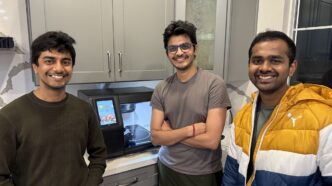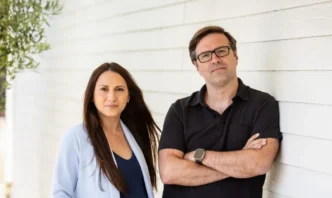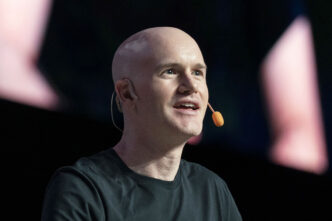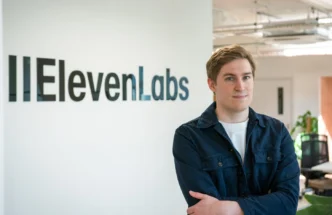In 2017, Raghav Gupta had a simple wish—to eat fresh, home-cooked meals without spending time in the kitchen or money on takeout. That desire sparked the idea for Posha, a countertop cooking robot that could make home-style meals with minimal effort.
Inspired by the convenience of coffee machines, Gupta envisioned a device that could bring automation to home cooking. Today, Posha delivers on that vision with a robotic system that cooks meals using computer vision and user-selected recipes. The startup, formerly known as Nymble, recently rebranded and launched its first batch of $1,750 devices in January 2025—and quickly sold out.
A Smart Cooking Assistant for Busy Home Cooks
Using Posha is simple: users pick a recipe, add ingredients in measured amounts, and the machine handles the cooking. It’s customizable and forgiving, Gupta said, so substitutions are welcome, and perfect measuring isn’t required.
“It’s like a coffee machine for food,” Gupta explained. “You pick what you want, add your ingredients, press cook—and out comes a meal.”
Still, Posha isn’t fully autonomous. Users must chop and prep ingredients before placing them in the device. Gupta admits it’s not for people who want a 100% hands-off experience. Instead, Posha is best suited for people who already cook two to six times a week and want to save time without sacrificing quality.
These users typically spend an hour cooking, shopping, and cleaning each day. With Posha, that time drops to just 10–20 minutes, Gupta said. It’s not meant to replace cooking but to simplify it.
Interestingly, Posha’s early prototype featured a robotic arm. But after feedback during Bosch’s accelerator program, the team realized consumers preferred something stationary and easy to clean. That led to the more compact, countertop design the company now offers.
Customer-Centric Design and Future Plans
Posha’s direct-to-consumer strategy has been largely powered by word of mouth. The company hasn’t invested heavily in paid advertising. Instead, Gupta maintains close relationships with customers, often chatting with them over WhatsApp. “Most of our users know me personally,” he said. “I moved to the U.S. during the pandemic to be near them.”
While this level of engagement can’t scale indefinitely, it has helped the company refine its product. The strong customer focus also played a key role in Posha’s $8 million Series A funding round, led by Accel and backed by investors like Xeed Ventures, Waterbridge Ventures, and Flipkart co-founder Binny Bansal.
With fresh funding, Posha plans to enhance its capabilities. Gupta revealed that the company is working on expanding recipe options and integrating generative AI. This AI will allow users to suggest meal ideas, then quickly convert those ideas into usable cooking instructions for the robot.
The long-term vision? Gupta believes that Posha could become as essential as a microwave or dishwasher. “At one point, those were just countertop devices too,” he said. “Now, they’re built into homes. We think Posha is heading in the same direction.”
For now, Posha is accepting preorders for its second batch, aiming to meet growing demand and bring robotic cooking to even more kitchens.













